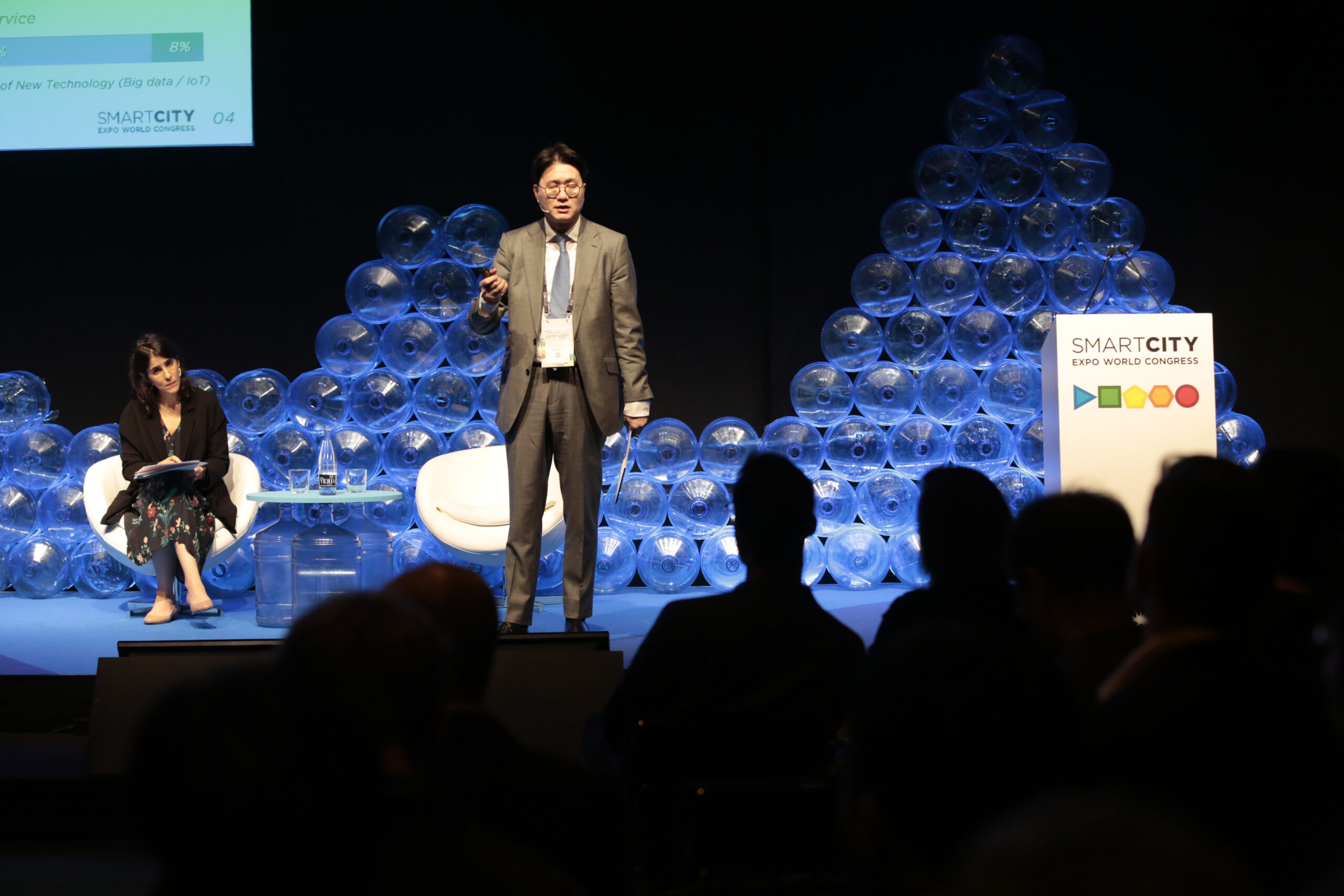Author | Jaime Ramos
The main priorities and challenges of smart cities include re-humanizing them, i.e., making them more citizen-centric again, reconquering lost space, recovering green and sustainable spaces that foster community activity. Added to this ideal is the challenge of achieving it in a fair and equal manner, overcoming gentrification. Can non-human intelligence (paradoxically) help us achieve this?
URBAN PLANNING VS HUMAN PLANNING
Urban planners are to cities what scriptwriters are to movies. This profession that goes back thousands of years, unites the infrastructural sense of a city with its future community identity. Planning is the driver that will shape the future of services and urban wellbeing and where these will focus.
The ideals in terms of successful planning include references such as the principles of smart growth. These focus on the search for more efficient use of land, molding existing infrastructures or establishing new mobility strategies. These developments also aim to connect and integrate the virtues of the current technological revolution.
THE NEW ROLE OF AI IN URBAN PLANNING
In this regard, artificial intelligence can play a new role. The new generative AI boom we are living has also reached the area of urban planning.
This new role also a promises a qualitative change. Because, up until now, we have turned to AI because of its potential to implement technologies associated with specific services, such as urban traffic management through smart traffic lights, or the implementation of new interaction channels between local administrations and citizens.
However. this new episode we are entering is related to the possibility of AI being fully involved in planning. The initiative is not new. In 2019, the technological research and consulting firm Gartner forecast that in around ten years, between 1% and 5% of cities will use an AI-based platform to manage their operations.
COGNITIVE DIGITAL TWIN: AN AI ENGINE FOR DIGITAL TWINS
In this regard, planning processes through digital twin cities, constitute a particularly relevant part of the deployment of generative AI. This is what is known as Cognitive Digital Twin. It is no fantasy. Industry is embracing this solution, in sectors such as energy or the automotive sector.
In very simplified terms, it enables AI to govern the development of virtual models. In the case of urban planning, we have already seen real examples for the creation of platforms like this, such as the alliance between Bentley Systems and Microsoft. Their smart cities project plans to “tackle” issues such as “economic growth, security, urban resilience” through generative AI and within the area of urban planning.
CAN AI IMPROVE PLANNING?

The vast potential of these technologies for cities leads us to the next issue. Are they really capable of improving urban planning? There are studies that say they can.
This is the cornerstone of the paper “Spatial Planning of Urban Communities via Deep Reinforcement Learning”, a project directed by Prof. Yong Li at the Tsinghua University in China. Researchers have shown how AI can tackle the urban design of spaces in record time; and, particularly, improve “human performance” in crucial areas of planning such as mobility or access to urban services.
Naturally, generating an image is not the same as generating a new urban district. The role of AI within planning is yet to be seen. But what is certain, is that it is here to stay.
Images | Freepik/rawpixel.com, Freepik/stockgiu






















































